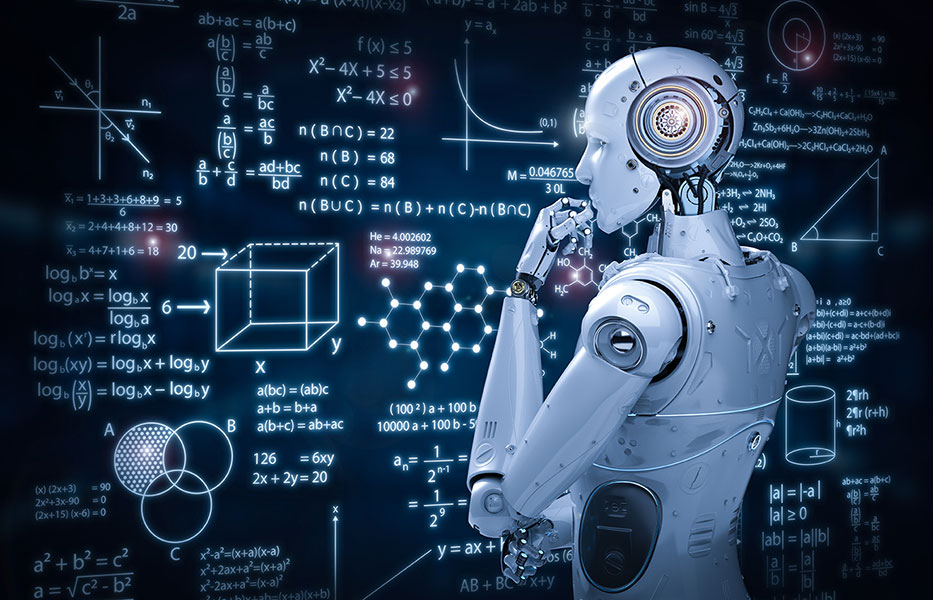Intelligent automation is revolutionizing industries by enhancing efficiency, productivity, and decision-making processes. Combining artificial intelligence (AI) with automation, intelligent automation allows for more complex tasks to be automated, integrating learning, adaptation, and decision-making capabilities. This blog explores the key trends driving the evolution of intelligent automation and their implications for various sectors.
What is Intelligent Automation?
Intelligent automation (IA) refers to the use of AI technologies such as machine learning (ML), natural language processing (NLP), and computer vision to automate tasks that typically require human intelligence. Unlike traditional automation, which follows predefined rules and processes, IA systems can analyze data, learn from it, and make informed decisions. This blend of AI and automation enables more sophisticated and adaptable solutions for complex business challenges.
Key Trends in Intelligent Automation
1. Hyperautomation
Hyperautomation involves the use of advanced technologies like AI, robotic process automation (RPA), and ML to automate as many business processes as possible. The goal is to create a digital twin of the organization, capturing every process and automating them to increase efficiency. By leveraging hyperautomation, businesses can streamline operations, reduce costs, and enhance productivity .
2. AI-Driven Decision Making
AI-driven decision-making processes are becoming integral to intelligent automation. By incorporating AI algorithms that can analyze vast amounts of data and provide insights, organizations can make faster and more accurate decisions. This trend is particularly evident in industries such as finance, healthcare, and manufacturing, where decision-making speed and accuracy are critical .
3. Enhanced Natural Language Processing (NLP)
Advancements in NLP are making it possible for machines to understand, interpret, and respond to human language more effectively. This has significant implications for customer service, where chatbots and virtual assistants can handle complex queries and provide personalized responses. Improved NLP capabilities also facilitate better data analysis and extraction from unstructured data sources, enhancing overall business intelligence .
4. Integration with IoT
The integration of IA with the Internet of Things (IoT) is creating smarter, more responsive systems. IoT devices generate massive amounts of data, which, when combined with IA, can lead to real-time monitoring and automation of processes. For example, in smart manufacturing, IoT sensors can detect equipment malfunctions, and IA can trigger maintenance processes autonomously, reducing downtime and maintenance costs .
5. Personalized Customer Experiences
Intelligent automation is enabling businesses to deliver highly personalized customer experiences. By analyzing customer data and behavior, IA systems can tailor interactions and recommendations to individual preferences. This trend is transforming sectors such as retail, where personalized marketing and customer service are becoming key differentiators .
6. Ethical and Transparent AI
As the adoption of intelligent automation grows, so does the need for ethical and transparent AI. Organizations are increasingly focusing on developing IA systems that are fair, unbiased, and transparent in their decision-making processes. This trend is driven by regulatory requirements and the growing awareness of the ethical implications of AI .
7. Workforce Augmentation
Rather than replacing human workers, intelligent automation is being used to augment the workforce. By automating repetitive and mundane tasks, employees can focus on more strategic and creative activities. This shift not only improves job satisfaction but also enhances overall productivity and innovation within organizations .
Implications for Industries
Healthcare
In healthcare, intelligent automation is improving patient outcomes and operational efficiency. AI-driven diagnostic tools, automated administrative tasks, and personalized treatment plans are just a few examples of how IA is transforming the sector .
Finance
The finance industry is leveraging intelligent automation for fraud detection, customer service, and regulatory compliance. AI algorithms analyze transaction patterns to identify fraudulent activities, while chatbots handle customer inquiries efficiently .
Manufacturing
Manufacturing is experiencing a revolution with intelligent automation. From predictive maintenance to quality control, IA is optimizing production processes, reducing downtime, and ensuring high product quality .
Retail
Retailers are using intelligent automation to enhance customer experiences through personalized marketing, inventory management, and supply chain optimization. AI-driven insights help retailers understand consumer behavior and predict trends .
Intelligent automation is reshaping the future of business operations across various sectors. By integrating AI and automation, organizations can achieve unprecedented levels of efficiency, accuracy, and innovation. Staying abreast of these key trends will be crucial for businesses aiming to harness the full potential of intelligent automation and remain competitive in the rapidly evolving digital landscape.
References
- Gartner. “Top Strategic Technology Trends for 2023.” Gartner.
- Deloitte. “Hyperautomation: The next step in intelligent automation.” Deloitte.
- Forbes. “AI And The Future Of Decision Making.” Forbes.
- IBM. “Natural Language Processing (NLP).” IBM.
- McKinsey & Company. “The state of AI in 2022—and a half decade in review.” McKinsey.
- TechTarget. “How IoT and AI enable smart manufacturing.” TechTarget.
- Accenture. “Personalized Customer Experiences at Scale.” Accenture.
- AI Ethics Journal. “Ensuring Ethical and Transparent AI in Automation.” AI Ethics Journal.
- Harvard Business Review. “Building the AI-Powered Organization.” HBR.
- PwC. “How AI can augment human capabilities.” PwC.
- Healthcare IT News. “How AI is transforming healthcare.” Healthcare IT News.
- Finextra. “The role of AI in financial services.” Finextra.
- IndustryWeek. “AI and Automation in Manufacturing.” IndustryWeek.
- Retail Dive. “How AI is changing the retail industry.” Retail Dive.
By exploring these trends and understanding their implications, businesses can effectively navigate the evolving landscape of intelligent automation and harness its full potential.
For More: Artificial Intelligence (AI)
